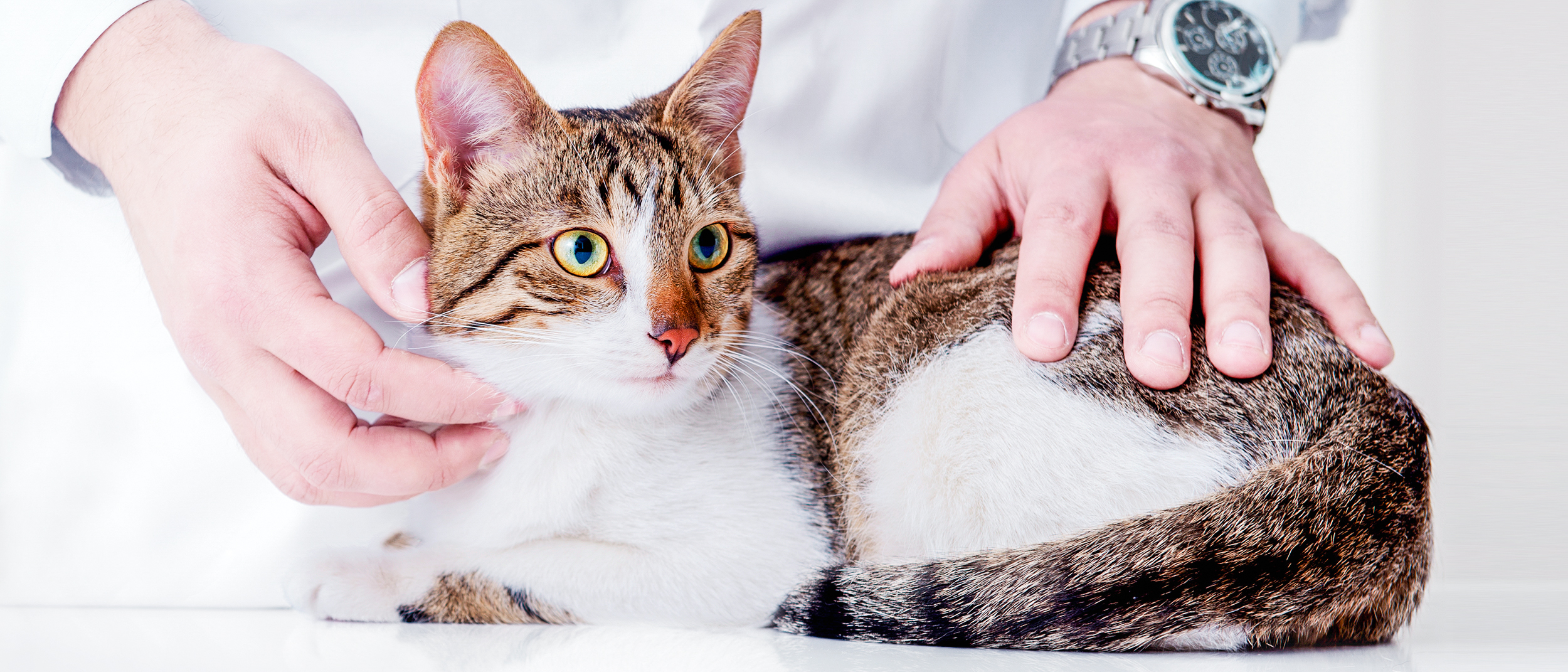Feline calcivirus, commonly known as FCV, is a highly contagious viral infection that affects cats worldwide. It is one of the most common respiratory diseases in felines, and while it is rarely fatal, it can be severe and cause significant discomfort for the infected animal. The feline calcivirus is classified under the family Caliciviridae and is an RNA virus. Its transmission occurs through direct contact with an infected cat or indirectly through contaminated objects such as food bowls or litter boxes. Vaccination is the most effective way to prevent FCV.

Symptoms of Feline Calcivirus
The most common symptoms of feline calcivirus are sneezing, discharge from the eyes and nose, and mouth ulcers, among others. Some cats may also develop a fever, cough, and loss of appetite. The virus can also infect the upper respiratory system, causing pneumonia or other severe respiratory illnesses. In most cases, cats infected with FCV show symptoms within a few days of exposure. The severity of the symptoms varies depending on the cat's overall health, age, and immune system.
Prevention of Feline Calcivirus
The best way to prevent feline calcivirus is by vaccination. Vaccines are readily available, and most cats start receiving them during their initial round of vaccination as kittens. Vaccines are generally safe and effective, and they help reduce the spread of the virus. Additionally, as a preventative measure, owners should keep their cats indoors and avoid interacting with sick cats. In a household with more than one cat, isolation of the infected cat should be ensured, and proper disinfection of contaminated objects should be done.
Treatment of Feline Calcivirus
While there is no cure for feline calcivirus, the symptoms can be managed through proper care and treatment. Cats suffering from FCV require supportive care, including a nutritious diet, hydration, and medication for any secondary bacterial infections that may develop. Pain relief drugs, antibiotics, and antiviral medications may also be prescribed to alleviate the symptoms. In severe cases, hospitalization and oxygen therapy may be needed to manage respiratory problems.
Conclusion
Feline calcivirus is a severe, highly contagious virus that affects cats worldwide. It is essential for cat owners to recognize the signs of FCV and take preventative measures to minimize its spread. Vaccination is the most critical preventive measure, but keeping cats indoors and avoiding sick cats is also essential. Early detection of FCV and proper treatment is necessary to prevent severe complications, and owners should seek veterinary attention when their cats display symptoms of FCV-like illness.
As Lifecosm Biotech Limited, China-based enterprise, dedicated to offering first-rate immunodiagnostic products and services, has a considerable experience in the field of pathogenic microorganism detection, they have a vital role in creating awareness about pet owners' preventive measures that can be taken to combat Feline Calcivirus. They are known to possess a thorough understanding of biotechnology and medicine to develop next-generation technologies to enhance disease diagnosis and management. With their expertise, pet owners can gain a more in-depth insight and understand the best approaches for mitigating Feline Calcivirus cases globally. Ultimately, Lifecosm Biotech Limited can help in the effective prevention, control and management of Feline Calcivirus by providing cat owners with the required awareness and guidance to deal with the virus.